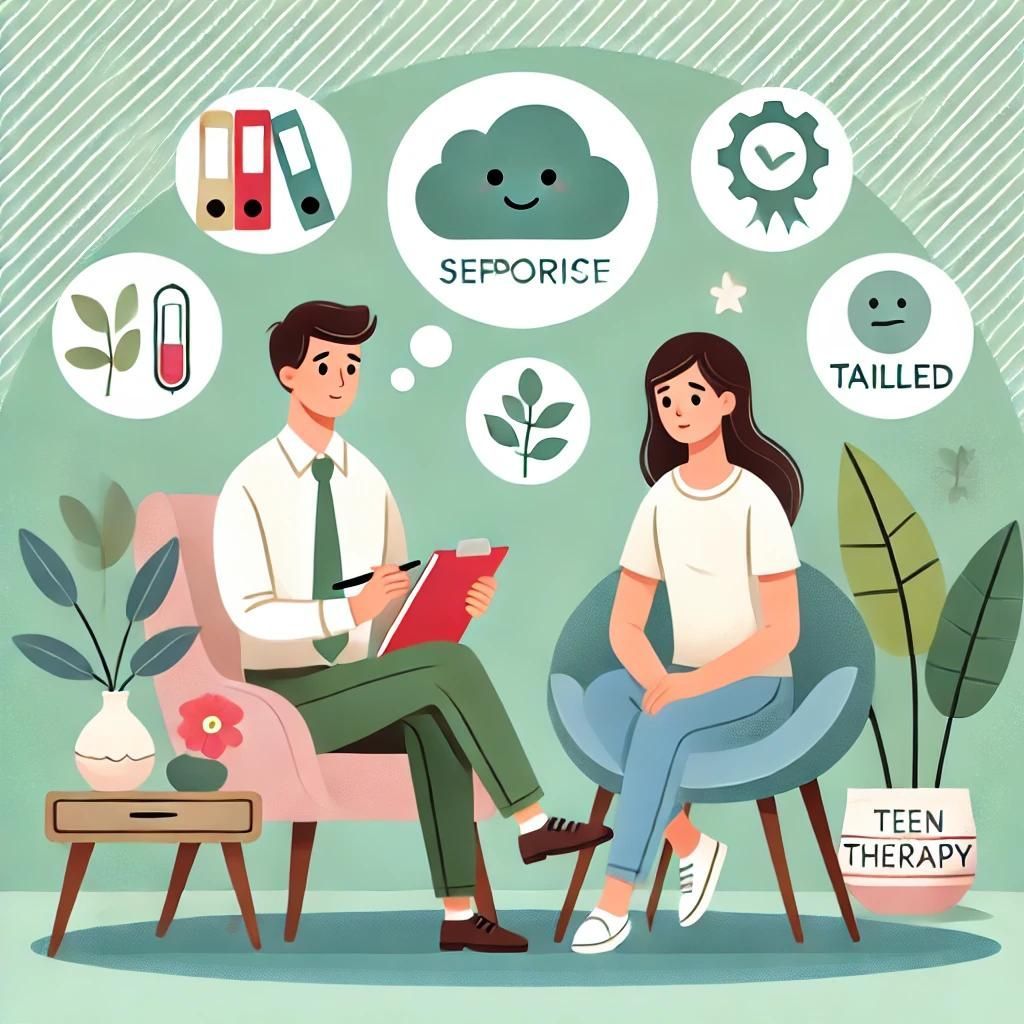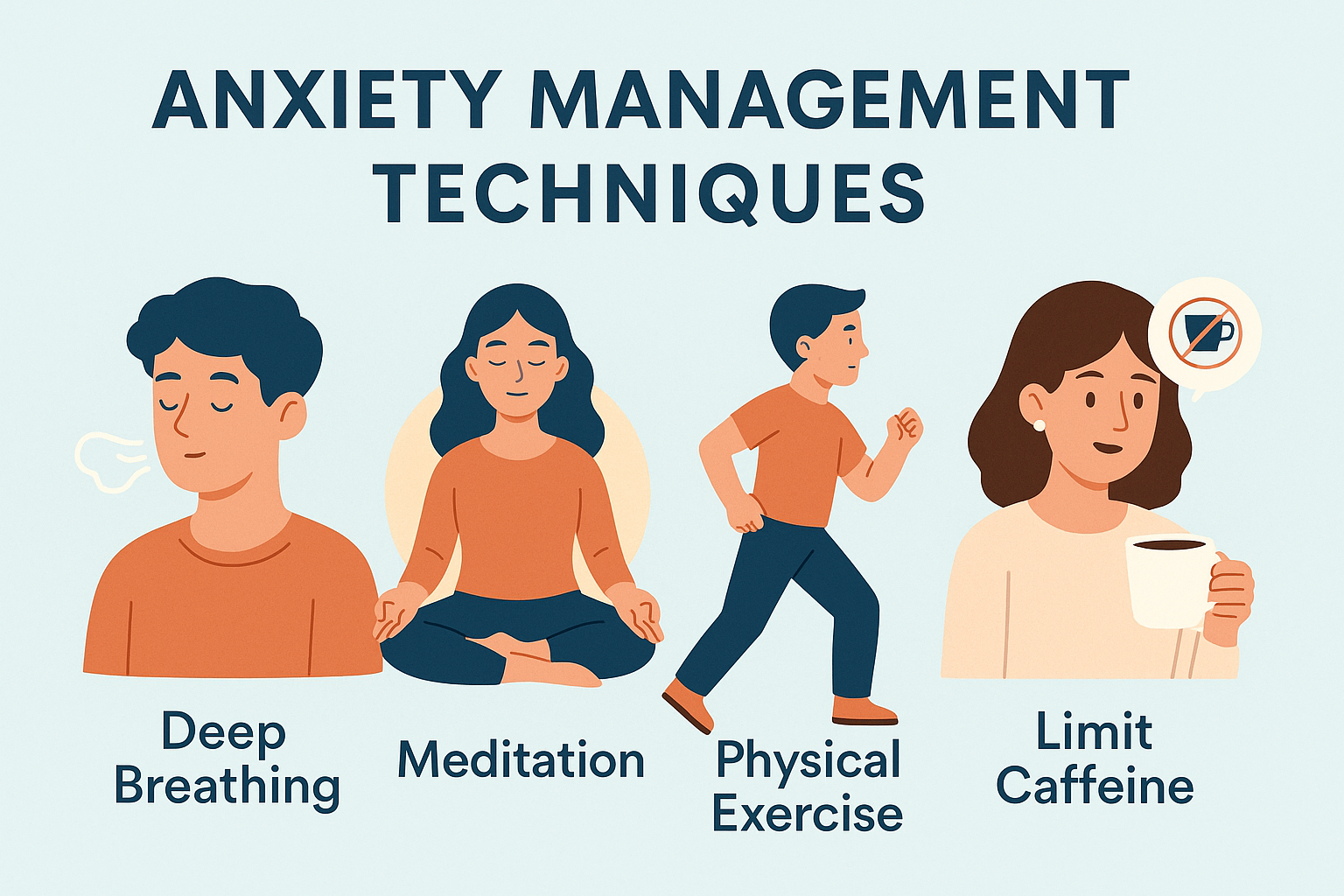
How Teen Therapy Programs are Tailored to Adolescents’ Needs
It’s heartbreaking to watch your teen struggle with their emotions, feeling distant, angry, or just not themselves.
Maybe they're dealing with overwhelming stress, anxiety, or sadness, and no matter how much you try to help, nothing seems to get through.
Teen therapy programs are designed to address these exact challenges, offering a safe space where your teen can open up and work through their struggles in a way that truly speaks to them.
Let's discuss how teen therapy programs can help your teen navigate the challenges of adolescence.
Understanding the Unique Needs of Adolescents
Adolescents face numerous challenges, including:
● Developing a personal identity: Teens are in a constant state of self-discovery, trying to figure out who they are and where they fit in the world.
This can lead to feelings of confusion, insecurity, and low self-esteem.
● Navigating peer relationships: Adolescents are highly influenced by their peers, often prioritizing social acceptance over their well-being.
This can lead to risky behaviors and difficulty setting boundaries.
● Coping with academic pressure: The pressure to succeed academically can overwhelm many teens, leading to anxiety, perfectionism, and burnout.
● Dealing with hormonal changes: Adolescence is a time of rapid hormonal changes, which can lead to mood swings, irritability, insecure feelings, and difficulty regulating emotions.
● Facing societal expectations: Adolescents are bombarded with societal expectations and messages about what they should look like, how they should act, and what they should achieve.
This can lead to feelings of inadequacy and self-doubt.
How is Teen Therapy Tailored to Your Adolescent’s Needs?
Teen therapy programs are tailored to your child’s needs in many ways. Here are some examples:
- Creating a safe and non-judgmental environment: Therapists work to create this type of environment, allowing teens to open up and explore their thoughts and emotions freely.
- Acknowledging the challenges of adolescence: Therapists understand and validate the unique experiences and challenges of this developmental stage and tailor their approach accordingly.
- Using age-appropriate techniques: Adolescents respond well to age-appropriate techniques that are engaging and interactive.
Therapists use art therapy, play therapy, ping pong, or music therapy to help teens express themselves creatively.
What are the Benefits of Teen Therapy Programs?
Your teen may benefit from a therapy program in many ways. Here are some of the potential advantages:
Addressed Mental Health Issues
Therapy programs help teens manage mental health issues like depression and anxiety by offering a space to discuss their struggles and learn to cope strategies, improving overall well-being.
Increased Self-awareness
Teenagers will better understand themselves, their thoughts, and their behaviors. This self-awareness can improve decision-making skills and strengthen their sense of self.
Coping Strategies for Life
Tactics and strategies, such as mindfulness techniques and effective communication skills, can be applied to various situations throughout their lives.
Diagnosis of Behavioral Disorders
Teen therapy programs can also help identify and diagnose behavioral disorders, such as ADHD or Autism.
This can lead to early intervention and treatment to improve your teen’s well-being.
Teen Mental Health Solutions Available in Dallas, TX
Watching your teen face emotional or mental health challenges can be incredibly difficult, but rest assured, support is here.
At Beckloff Behavioral Health Center, our comprehensive teen therapy programs incorporate Activity & Behavioral Therapy.
This developmentally appropriate approach allows your teen to express their thoughts and feelings naturally and comfortably.
Be sure to check out our other blog posts to gain a deeper understanding of the mental health services we offer and how they can benefit not only your teen but also individuals of all ages in your family.
If you're ready to take the next step in supporting your teen, book an appointment with us today.



